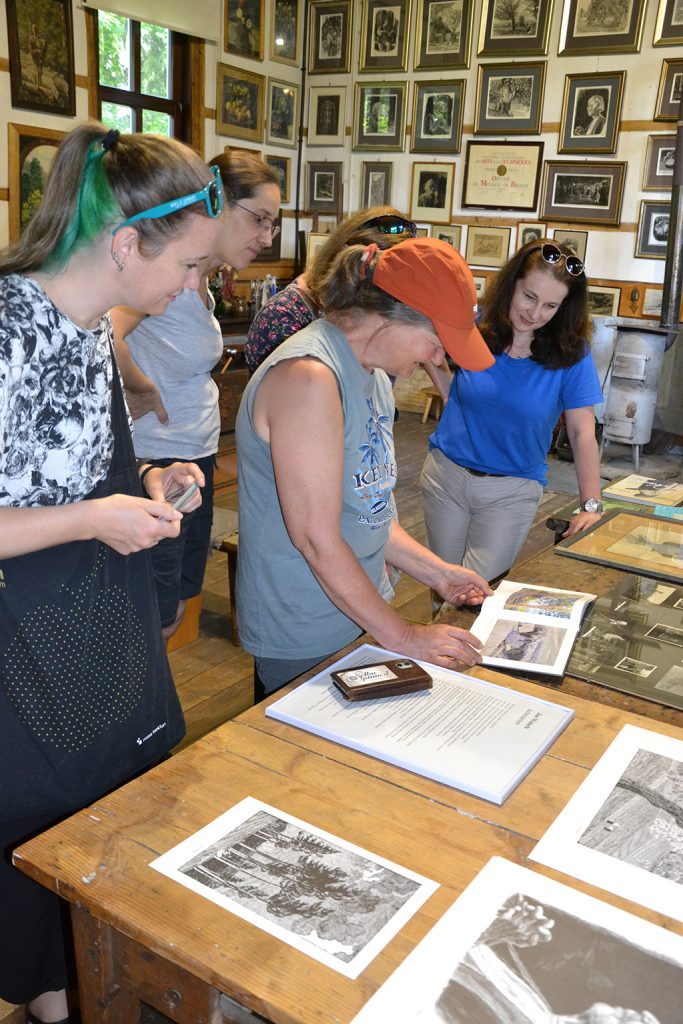Visit to Poland
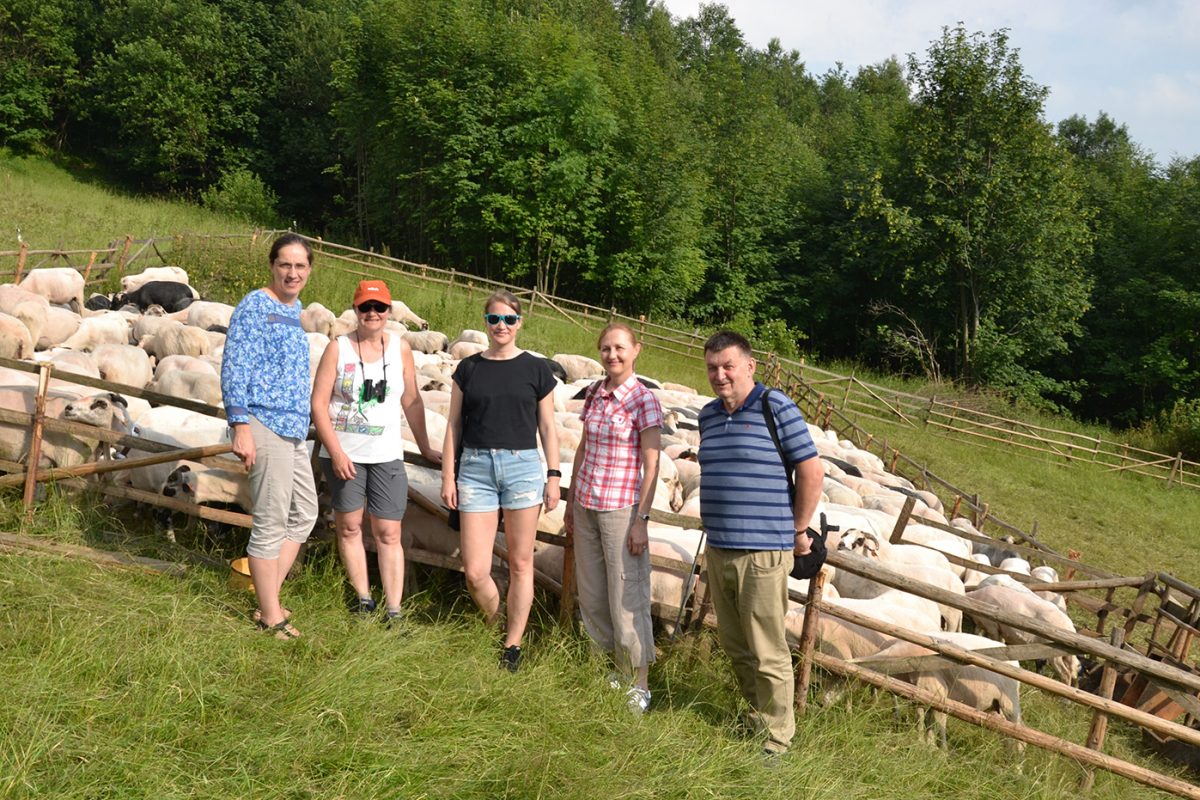
Ingvild and Lisbeth visited Poland the last week of June. The goal of the trip was knowledge transfer and during it, they held three workshops/seminars.
At the University of Bielsko-Biala, teachers and pedagogy students were invited to a workshop about teaching wool to children, emphasising the creative potential as well as cultural aspects of wool. Through a short lecture, they were introduced to how different actors in Norway work with wool and children, and then we worked practically with wet felting, carding and hand spinning.
At the university, they also held the seminar “How can wool replace plastic?”, discussing the advantages and obstacles to this, building on SIFO’s research reports on wool products published last year in this project. The example of Selbu Spinning Mill was used to show how the local wool comes into play in this context and underline the advantages of wool compared to plastic in relation to preserving heritage, creating a circular (bio-)economy and degrowth.
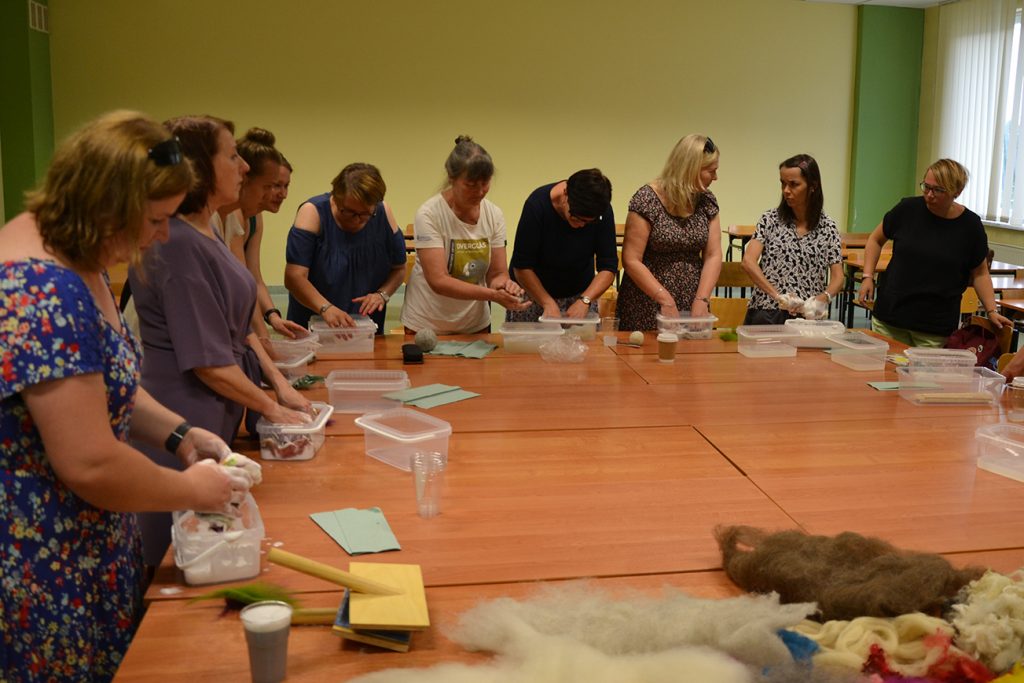
The last workshop was a wool sorting workshop held by Ingvild at Maria’s venue in Koniakow. It gathered 20 people, both sheep farmers, other local people and academics. The sorting showed great variety in the quality of the wool, from finer longer fibres to coarser fibres, but also that through it, the variety of products possible to make from the wool greatly increases, including softer yarns for garments like socks and sweaters.
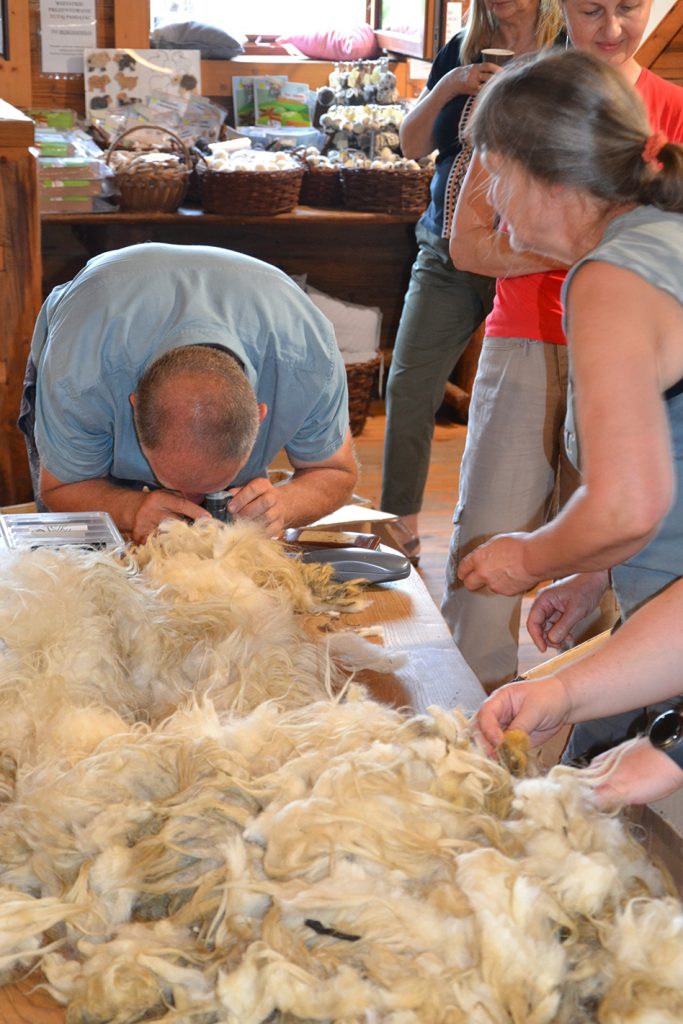
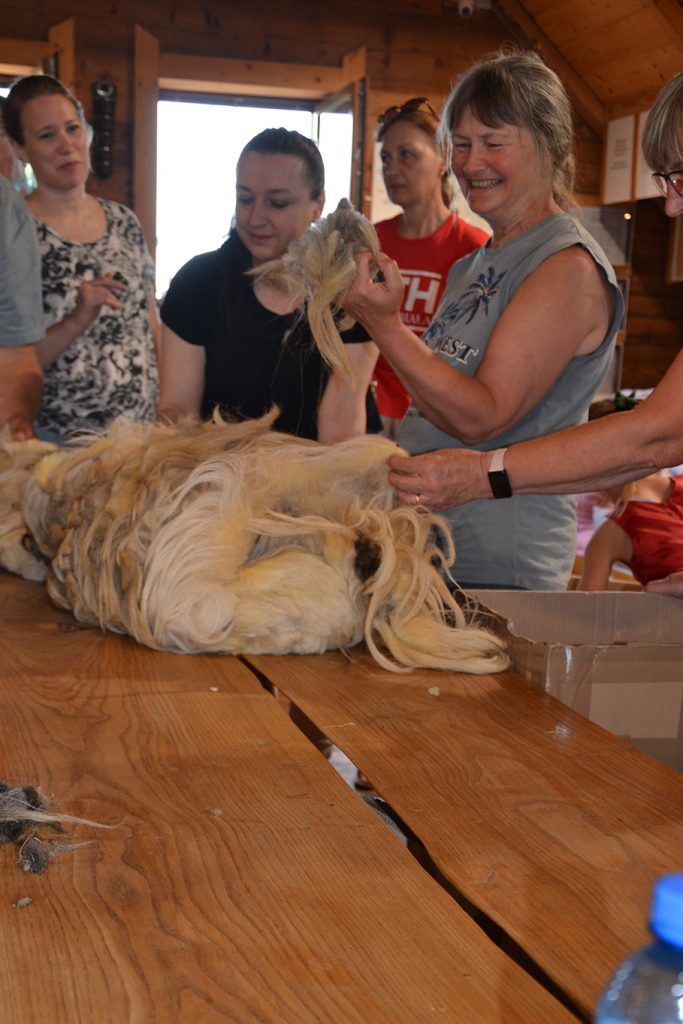
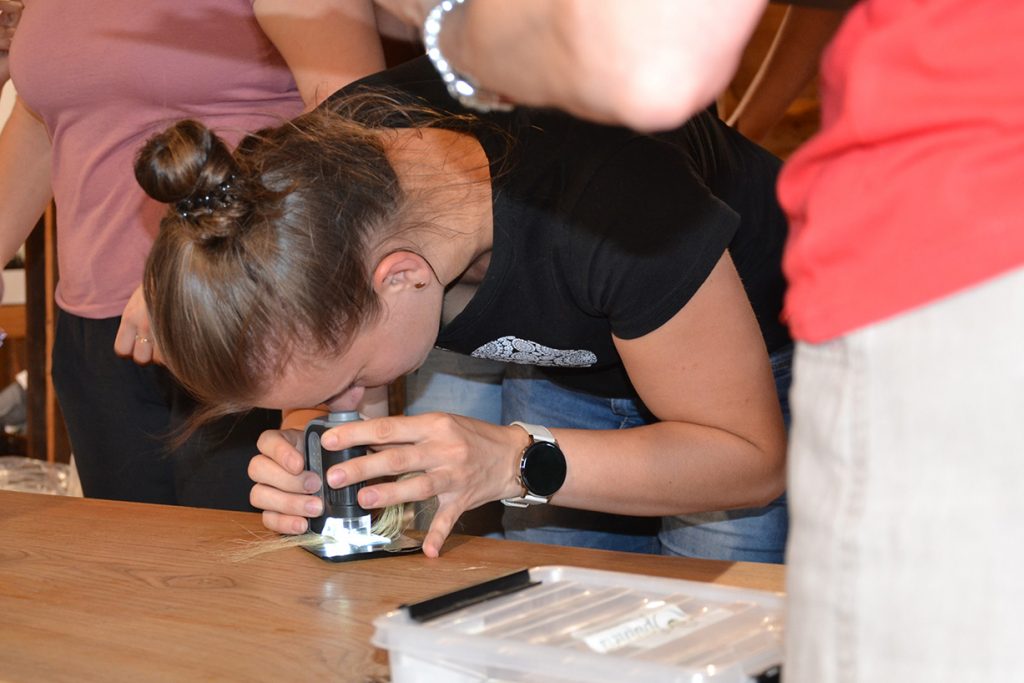
In addition, they visited local museums in Koniakow and saw the milking of the sheep, getting a great insight into the cultural heritage that the pastoral practice upheld in the Polish highlands is such an important part of! (Not to mention the lovely cheese it results in!)
